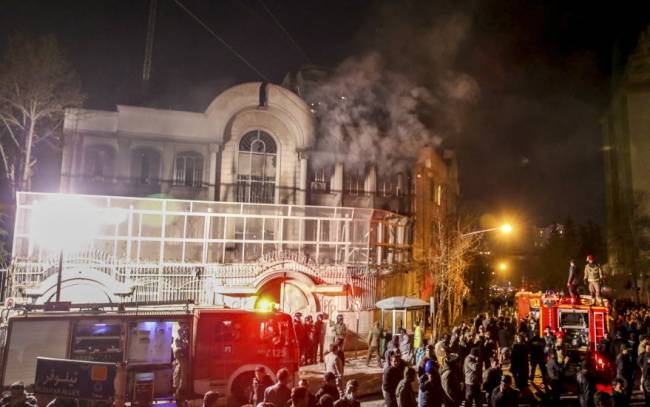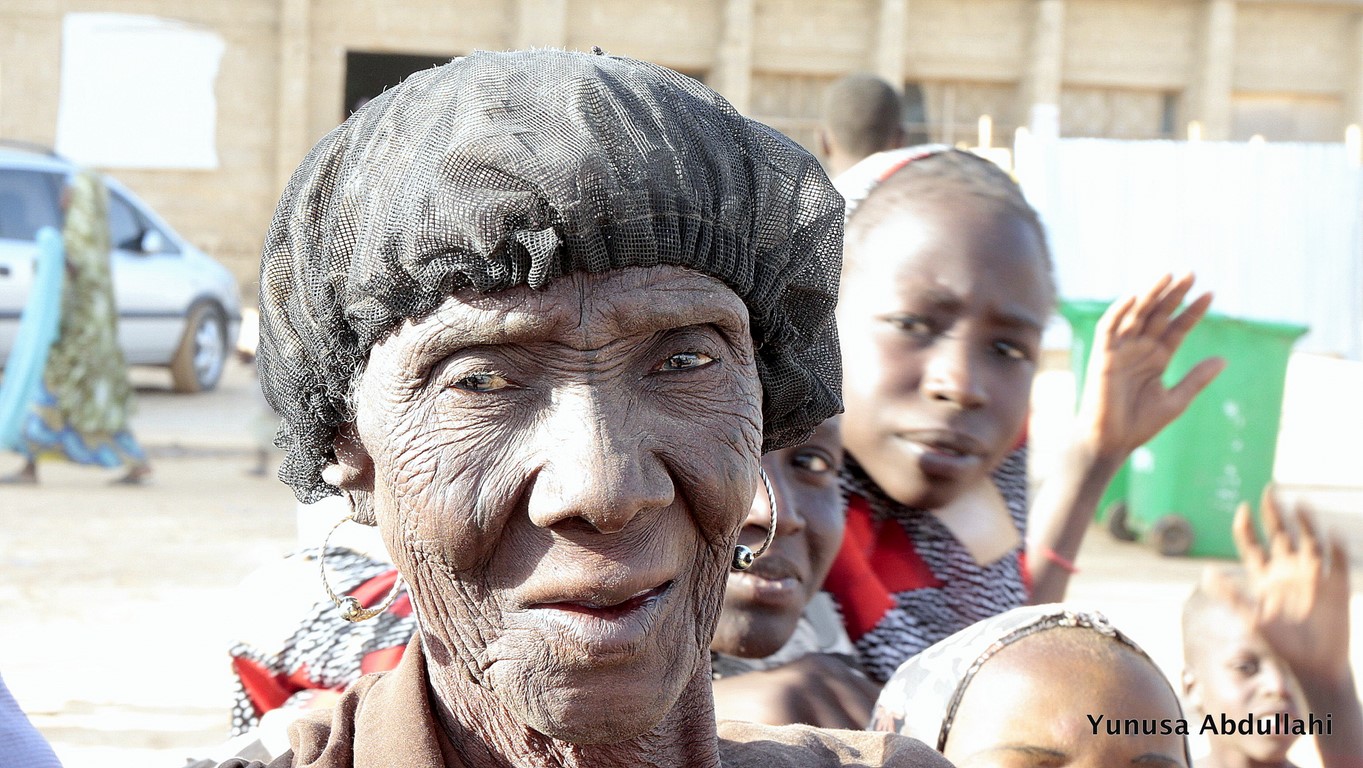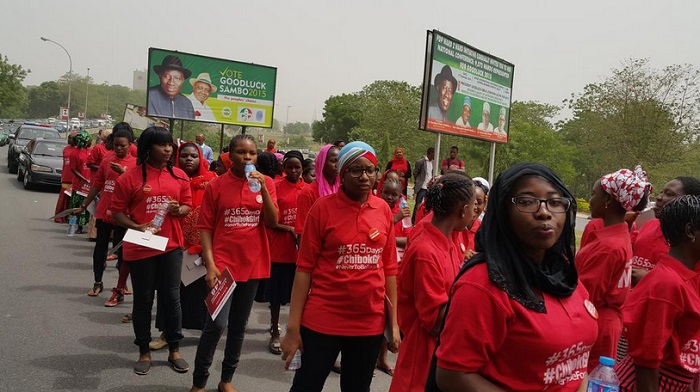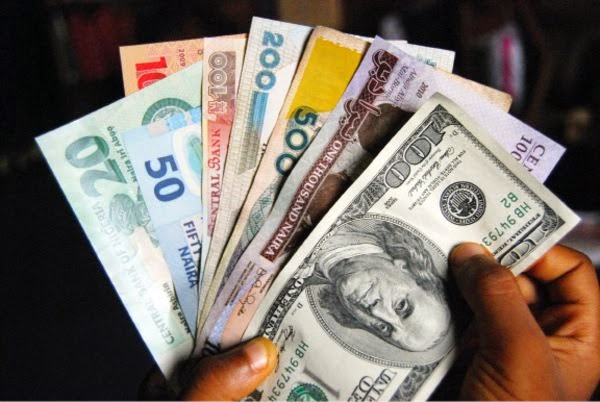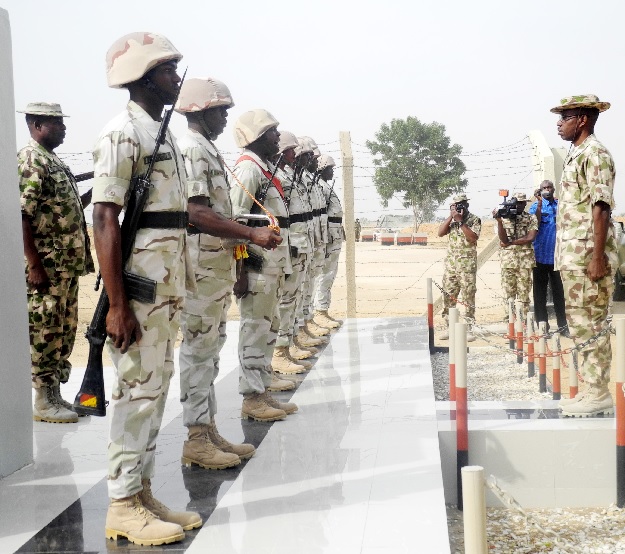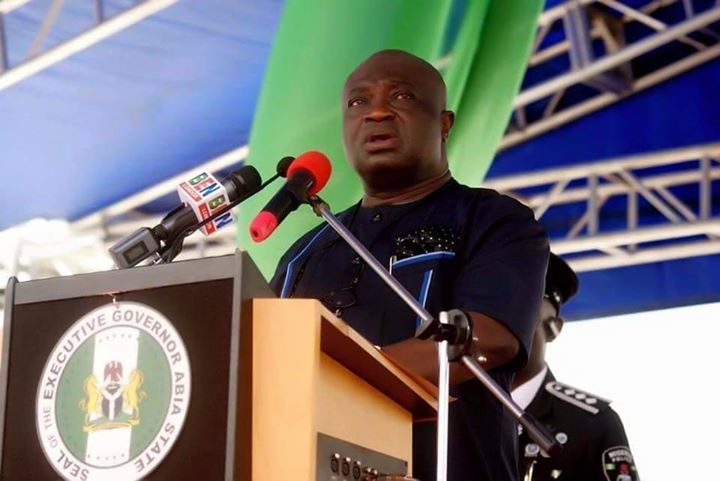There is a growing list of countries cutting diplomatic ties with Iran over the country’s retaliation on the execution of Shi’ia Muslim leader, Nimr al-Nimr, by Saudi Arabia.
On Saturday, Saudi authorities executed al-Nimr alongside 46 other Shiites over what they branded as terrorism against the state.
Mansour al-Qufari, Saudi ministry of Justice spokesman, said “the judiciary is objective and we deal objectively with the cases on merit”.
“There is no difference between what a person does regardless of his ethnic origin or affiliation, or what he believes. We deal with facts and criminal intent,” he said.
Advertisement
After the execution, Iran, home for the largest population of Shiites in the world, responded saying the execution was “the depth of imprudence and irresponsibility” on the part of the Saudi government.
“The Saudi government will pay a heavy price for adopting such policies,” Hossein Ansari, Iran’s foreign ministry spokesman said.
The execution led to protests by Shiites at the Saudi Arabian embassy in Tehran, which led to an inferno, destroying a sizeable portion of the embassy.
Advertisement
Though Hassan Rouhani, Iranian President, criticised the embassy riot, Saudi Arabia went on to cut diplomatic ties with Middle Eastern country.
“In no way is this justifiable and foremost disrespects Iran. Such ugly acts (must be) stopped, and full security of political missions assured,” Rouhani had said.
His statement could not quell the situation at hand as Bahrain and Sudan, with Sunni Muslim majority cut diplomatic ties, ordering Saudi diplomats to leave their countries in 48 hours.
“In response to the barbaric attacks on the Saudi Arabian embassy in Tehran and its consulate in Mashhad…Sudan announces the immediate severing of ties with the Islamic Republic of Iran,” a foreign ministry statement read in part.
Advertisement
The United Arab Emirate (UAE), also with a Sunni majority, has recalled Saif Al Zaabi, its ambassador in Tehran, in accordance with a decision to downgrade relationship with Iran.
“This exceptional step has been taken in the light of Iran’s continuous interference in the internal affairs of Gulf and Arab states, which has reached unprecedented levels,” UAE said.
Nigeria, a secular state, also has a Sunni majority, with ties with both countries involved in the diplomatic row.
Advertisement
Add a comment

